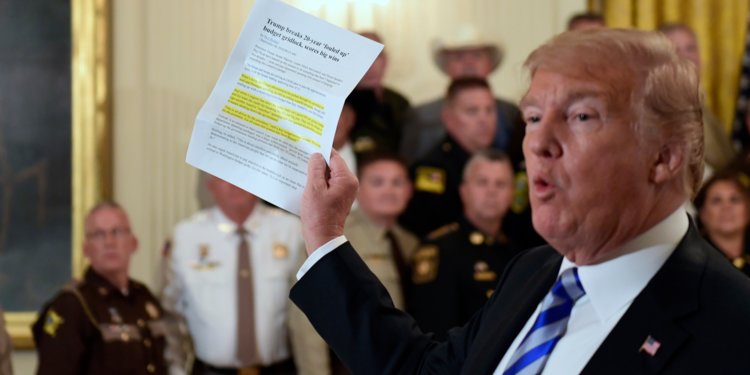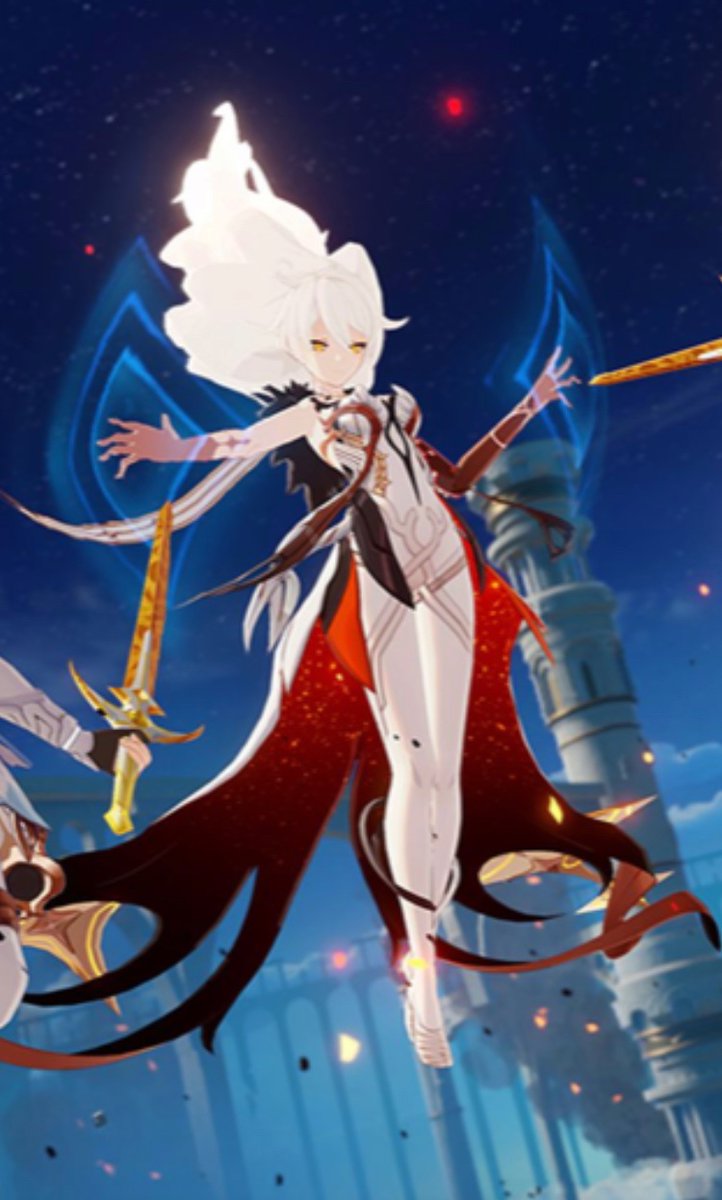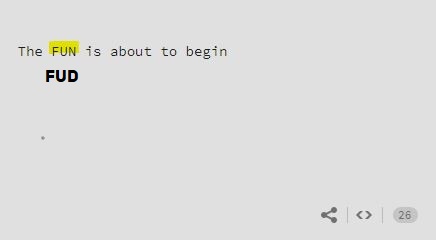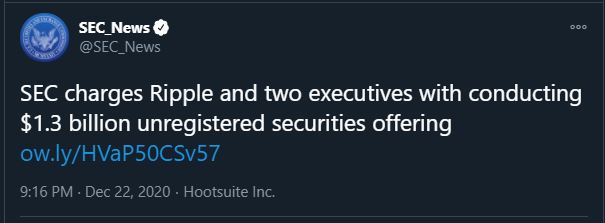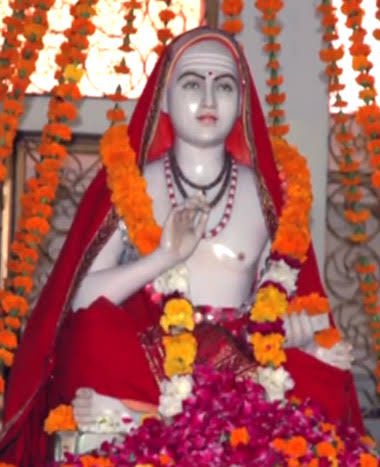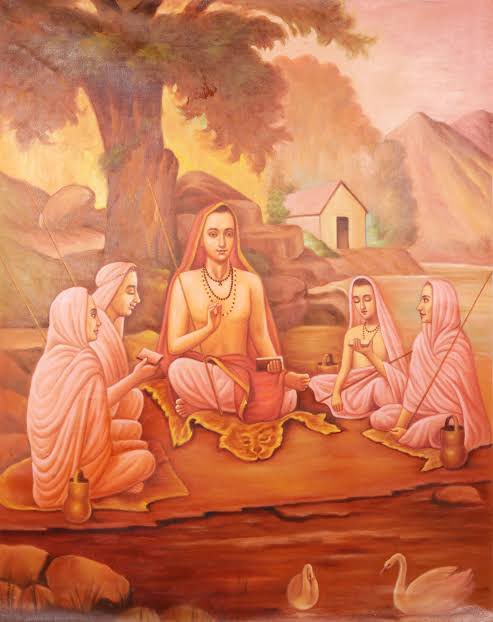
Think about the Dec 21, 2017 Executive Order signed by @potus
Blocked property of persons involved in serious human rights abuse or corruption
One month Before @potus signed this EO Saudi King had Prince Alwaleed bin Talal (aka Prince Dopey) arrested. He was told he had to


Notice Q’s drops after Dopey was arrested. January 27 2018 Q mentions

Immediately the deep state knew Prince dopey must have blabbed his mouth about the horrific games the Rothschilds, “royalty”, Schiff, Clintons, Hussein like to play in the Black Forest in Austria with children. Look it up if ur not familiar

Why? Because of @potus Dec 2017 EO. They knew If @potus could get the King of SA to arrest and interrogate and divest his
Dopey was freed after he spilled the goods on the Roths

Soros freaked out and transferred billions of his personal wealth into his nonprofits while Roths sold off their Black Forest estate. After seeing what @potus did to Dopey they thought they were next.
They tried to warn @potus to stay away by causing the stock


What’s my point?
@potus could have done to Soros, Roths, Clintons and Hussein what he did to Dopey in late 2017 and early 2018 under that December 2017 EO. He didn’t.

Fast forward to today. The stage is now set for @potus to execute under that
More from Politics
So let's see a show of hands: how many of you even knew Huber was digging into the Clinton Foundation? While he was assisting Horowitz in his digging into the FISC/Steele Dossier/Fusion GPS/Perkins Coie/DNC/Hillary campaign stuff?
I'm sure Huber is coming to DC *only* to discuss Clinton Foundation things with Meadows and his committee.
He for certain, like, won't be huddling with Horowitz or that new guy, Whitaker while he's in town. That would NEVER HAPPEN. [wink wink wink!] 😉
I just spent a year and a half telling you they will SHOW YOU what they are REALLY DOING when they are READY.
Not before.
No matter how much whining is done about it.
I'm exhausted but it's worth it.
Now you know why they're f**king TERRIFIED of Whitaker, the closer tapped by Trump to come in late for the hysterical fireworks that will ensue soon.
Look who's suddenly fund raising for his legal defen- er, I mean, ha ha - his reelection campaign!
Breaking News: House GOP to hold investigative hearing into DOJ\u2019s handling of Clinton Foundation probe. Top prosecutor to be summoned. https://t.co/HogyXHHcvo
— John Solomon (@jsolomonReports) November 21, 2018
I'm sure Huber is coming to DC *only* to discuss Clinton Foundation things with Meadows and his committee.
He for certain, like, won't be huddling with Horowitz or that new guy, Whitaker while he's in town. That would NEVER HAPPEN. [wink wink wink!] 😉
I just spent a year and a half telling you they will SHOW YOU what they are REALLY DOING when they are READY.
Not before.
No matter how much whining is done about it.
I'm exhausted but it's worth it.
Now you know why they're f**king TERRIFIED of Whitaker, the closer tapped by Trump to come in late for the hysterical fireworks that will ensue soon.
Look who's suddenly fund raising for his legal defen- er, I mean, ha ha - his reelection campaign!
President Trump just attacked Adam on Twitter with his most profane insult yet. Will you chip in $5 to send Trump a message and show him you stand with Adam?
— Adam Schiff (@AdamSchiff) November 19, 2018




